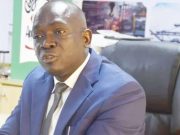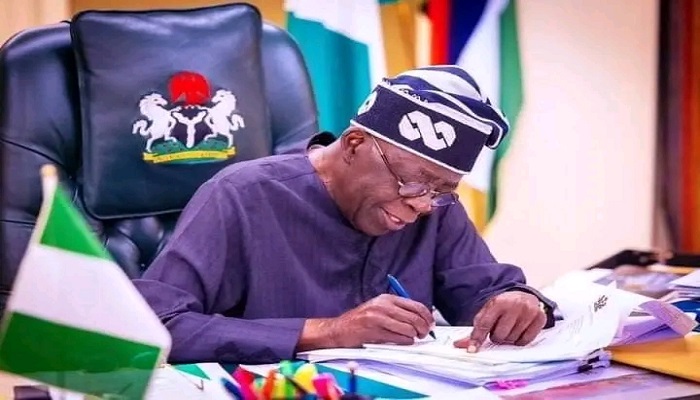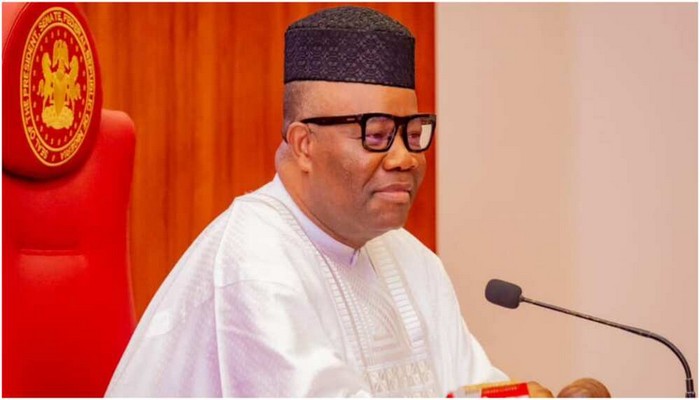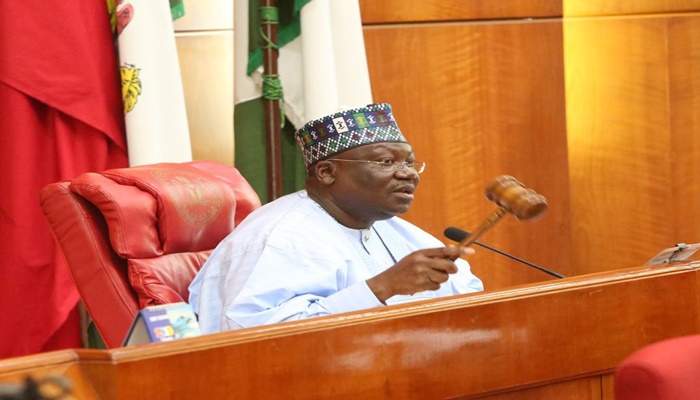…wants Almajiri education integrated into Educational system
The Senate on Tuesday passed a bill to give legal backing to the establishment of the Nigerian Army University, Biu, Borno State.
The passage of the bill followed a clause-by-clause consideration of the report of the Committee on Nigerian Army.
Chairman of the Committee, Senator Ali Ndume (APC – Borno South) said the Committee, while undertaking legislative work on the bill, took into consideration “areas that are in conflict with other extant laws, those that have security implication and those that are ambiguous.”
According to the lawmaker, the University with the passage of the bill into law, “would promote research and other means of advancement of knowledge and its application to military hardware and software, social, cultural, economical, scientific, and technological situations.”
He stated that the Institution would cater for the development of middle and high-level manpower in the area of technological empowerment for civilians, appreciation of military policies, logistic and strategies.
Meanwhile, the Senate also on Tuesday moved to address the issue of our-of-school children by calling on the Federal Ministry of Education to intensify its sensitization and advocacy programmes; and engagement of traditional and religious scholars on the plight of Almajiris, and the need to enroll them into the universal basic education system.
The call was contained in the recommendations of the report of the Senate Committee on Education (Basic and Secondary) on the need to integrate Almajiri Education morning not the Modern System of Education in Nigeria.
Vice Chairman of the Committee, Senator Akon Eyakenyi (PDP – Akwa-Ibom South), in her presentation observed that “the Almajiris, who are predominant in the North, constitute the larger number of out of school children roaming the streets begging for alms and food in Nigeria, and therefore are covered by the intervention policy and programmes of the Federal Government through the Universal Basic Education Act, 2004.”
According to the lawmaker, “the implementation of the UBEC Act, 2004 requires maximum collaborations with the State Governments and indeed the domestication of the Act through the State Legislatures.”
She noted that Nigeria had obtained $611 million dollars from the World Bank Financed Programme – Better Education Service Delivery for All (BESDA), as a credit to specifically address the problem of Out of School Children.
The lawmaker, however, stressed that “optimal operation and implementation of the BESDA Programme as being anchored and implemented by UBEC in collaboration with the Federal Ministry of Education and participation of key Education Agencies, require improved Federal-State-Local level Communication, coordination and collaboration to succeed.”
The Senate on Tuesday confirmed the nomination of Barrister Idahagbon Omoregie as a Commissioner representing Edo, Ekiti and Ondo states in the Federal Civil Service Commission.
Also confirmed was the re-appointment of Engr. Umaru Danbatta as Vice Chairman of the Nigerian Communications Commission (NCC).
The confirmation of both nominees followed the consideration of the reports of the Senate Committees on Communications; and Establishment and Public Service








































